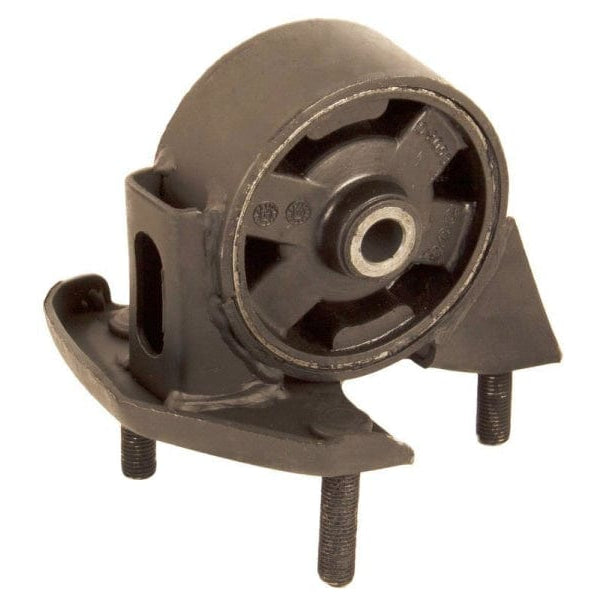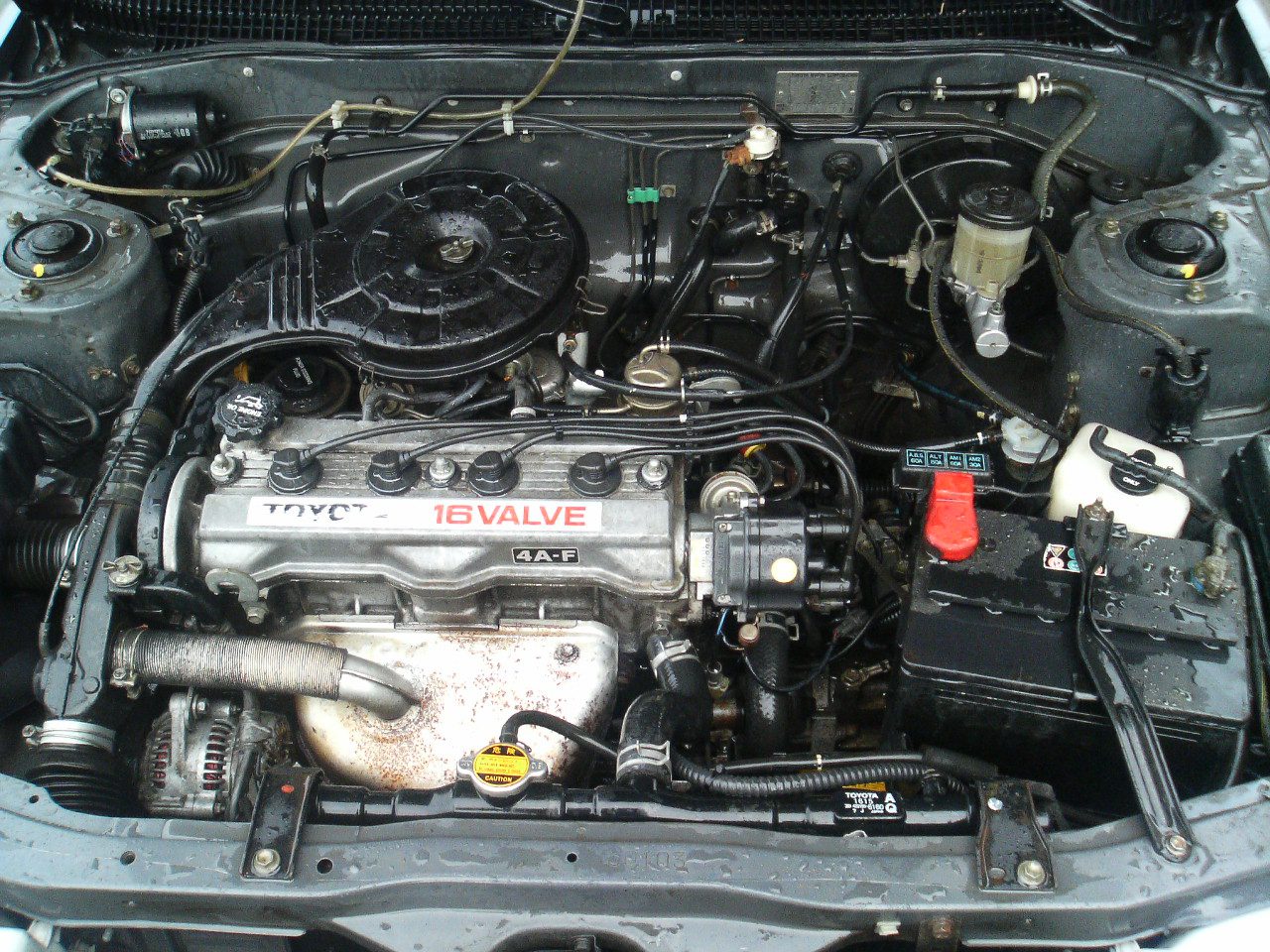Discover the most recent Fads in Engine Technology Via Tazz
In the rapidly advancing landscape of automobile modern technology, Tazz stands at the center, highlighting considerable developments in engine systems that focus on both advancement and sustainability. tazz. From crossbreed engines that optimize fuel performance to the introduction of hydrogen gas cells, the fads forming modern powertrains are not just boosting performance however additionally addressing critical ecological difficulties. As the sector remains to push borders, it is necessary to think about exactly how these growths will influence future transport remedies and the broader effects for international energy consumption. What lies in advance in this critical change?
Hybrid Engine Innovations
Hybrid engine technologies represent a crucial shift in vehicle technology, combining the advantages of interior burning engines with electrical propulsion systems. This combination not just improves fuel performance however also minimizes emissions, meeting increasingly rigorous environmental regulations. By making use of both energy sources, hybrid engines can maximize performance, supplying power when required while conserving gas during less requiring motoring conditions.
Recent improvements in crossbreed modern technology consist of improvements in battery performance and regenerative braking systems. These developments enable greater power healing throughout slowdown, which can be redirected to assist in acceleration or power auxiliary systems. Suppliers are focusing on lightweight products and portable layouts to maximize the effectiveness of hybrid powertrains.
The advancement of plug-in hybrids has actually likewise increased the marketplace, allowing vehicle drivers to bill their automobiles making use of typical electric outlets. This function commonly enables considerable all-electric range, further lowering dependence on conventional gas. tazz. As the automotive industry remains to develop, hybrid engine modern technologies are expected to play an essential role in bridging the gap between standard cars and completely electrical versions, offering a transitional remedy that deals with diverse customer needs and preferences
Developments in Electric Powertrains
The automotive landscape is rapidly developing, with electric powertrains becoming a leading force in lasting transportation. Breakthroughs in electrical vehicle (EV) innovation are considerably boosting efficiency, user, and efficiency experience. Secret advancements include enhancements in battery chemistry, which have actually boosted energy density, reduced charging times, and prolonged overall battery life.
Solid-state batteries, as an example, assure to revolutionize the market by supplying higher safety and performance contrasted to standard lithium-ion cells. Improvements in regenerative braking systems are enabling vehicles to recover power during deceleration, adding to total effectiveness.
Along with battery modern technology, electric motor designs are ending up being extra sophisticated. Advancements such as incorporated electric motors and progressed thermal administration systems are aiding to enhance power distribution and lower weight, ultimately enhancing lorry dynamics.

Collectively, these advancements emphasize the dedication to transition towards cleaner, extra effective transportation solutions, placing electric powertrains at the center of vehicle advancement.
The Surge of Hydrogen Gas Cells
Progressively, hydrogen fuel cells are acquiring grip as a sensible alternative to traditional internal burning engines and battery electrical automobiles. This innovation takes advantage of the chemical energy saved in hydrogen, transforming it into electricity through an electrochemical response with oxygen. The primary byproduct my sources of this process is water, making hydrogen gas cells an eco-friendly option with no discharges at the tailpipe.

Automakers are increasingly investing in hydrogen gas cell innovation, recognizing its possibility for long-range applications and rapid refueling abilities that match conventional gas. In addition, sectors such as sturdy transport and public transit are particularly fit for hydrogen fuel cells, where battery electric services may fail due to weight and variety restrictions.
As research study and financial investment proceed to broaden, hydrogen gas cells are poised to play a significant role in the future landscape of tidy transportation and power remedies.
Enhancements in Internal Combustion Engines
Advancements in inner burning engine (ICE) innovation are transforming conventional cars to meet modern-day ecological criteria and performance expectations. Straight fuel injection, for instance, permits for far better atomization of gas, leading to more total combustion and improved power outcome.
Furthermore, turbocharging has acquired prominence, permitting smaller sized engines to deliver higher efficiency without the weight of larger engines - tazz. This technology not only increases effectiveness yet likewise contributes to lower fuel usage. Variable valve timing systems are additionally being fine-tuned, making it possible for engines to adjust to different driving problems for enhanced torque and responsiveness
Moreover, making use of lightweight materials in engine construction is coming to be basic, more boosting fuel efficiency by minimizing total automobile weight. Engine control devices (ECUs) are progressively innovative, making it possible for real-time modifications that maximize you could try here performance and discharges.
These improvements collectively represent an essential change in ICE modern technology, aligning with worldwide sustainability objectives while still providing the efficiency chauffeurs anticipate from their automobiles. As the industry advances, these renovations remain to form the future of conventional auto design.
Future Fads in Engine Efficiency
Substantial advancements in engine effectiveness are expected as producers focus on incorporating sophisticated innovations to satisfy rigorous ecological guidelines and consumer demands. The change towards electrification, hybrid systems, and alternative gas is improving the auto landscape, driving innovations that boost gas economic situation and reduce here discharges.
Among the crucial trends is the execution of sophisticated materials and making strategies. Light-weight compounds and high-strength alloys add to minimized automobile weight, thus enhancing general performance. Furthermore, the fostering of turbocharging and variable valve timing modern technologies enables boosted power result from smaller sized engines, additionally enhancing fuel economic climate.

Conclusion
Innovations in hybrid engine systems, electric powertrains, and hydrogen fuel cells show a dedication to decreasing emissions while boosting efficiency. Enhancements in interior burning engines and an emphasis on lightweight materials add to overall engine effectiveness.
From hybrid engines that maximize fuel performance to the emergence of hydrogen gas cells, the patterns shaping modern powertrains are not only improving performance yet also attending to important ecological obstacles.Crossbreed engine developments stand for a critical change in automobile modern technology, integrating the advantages of internal combustion engines with electric propulsion systems.Additionally, turbocharging has actually gotten importance, permitting smaller engines to supply greater efficiency without the weight of bigger engines. Furthermore, the adoption of turbocharging and variable shutoff timing technologies allows for improved power result from smaller sized engines, even more improving fuel economic climate.
Renovations in interior burning engines and an emphasis on lightweight materials contribute to general engine performance.